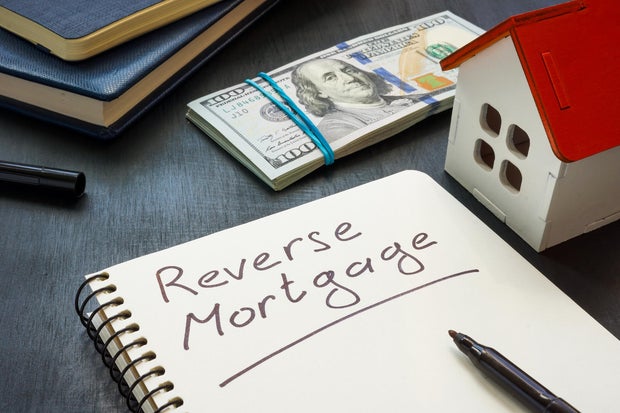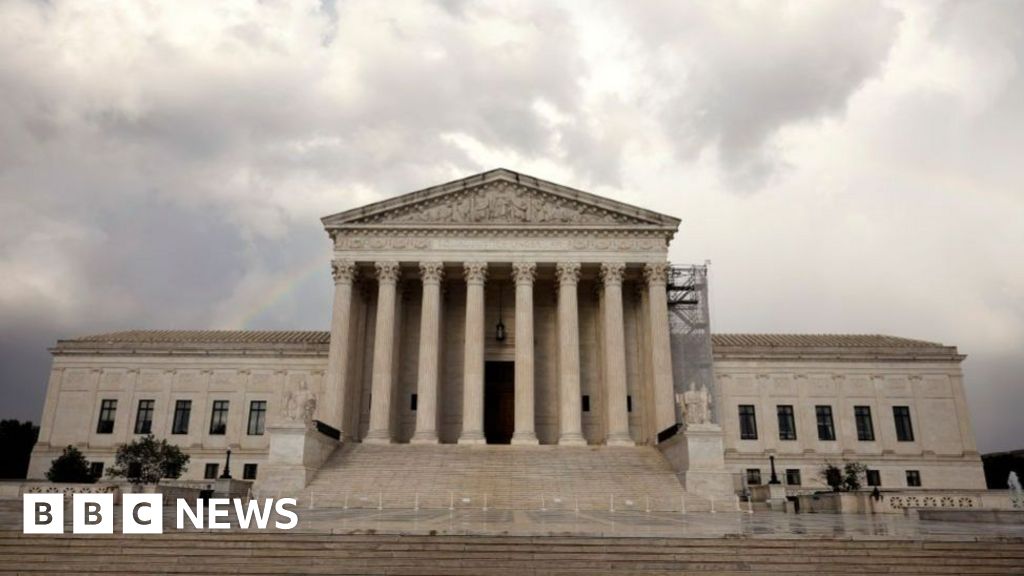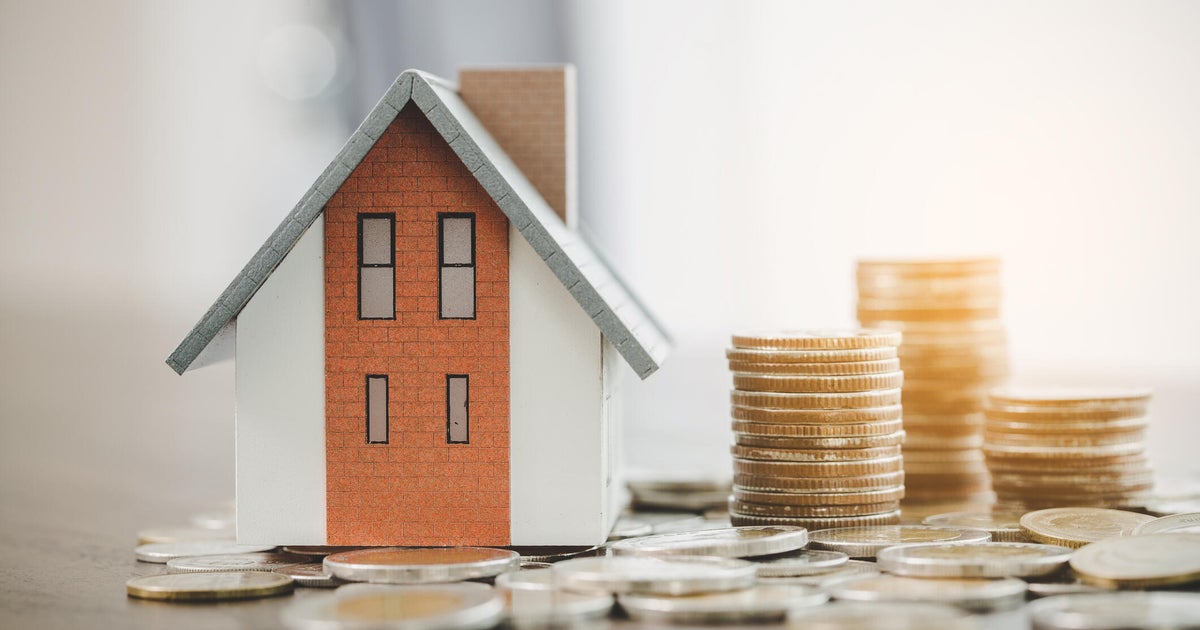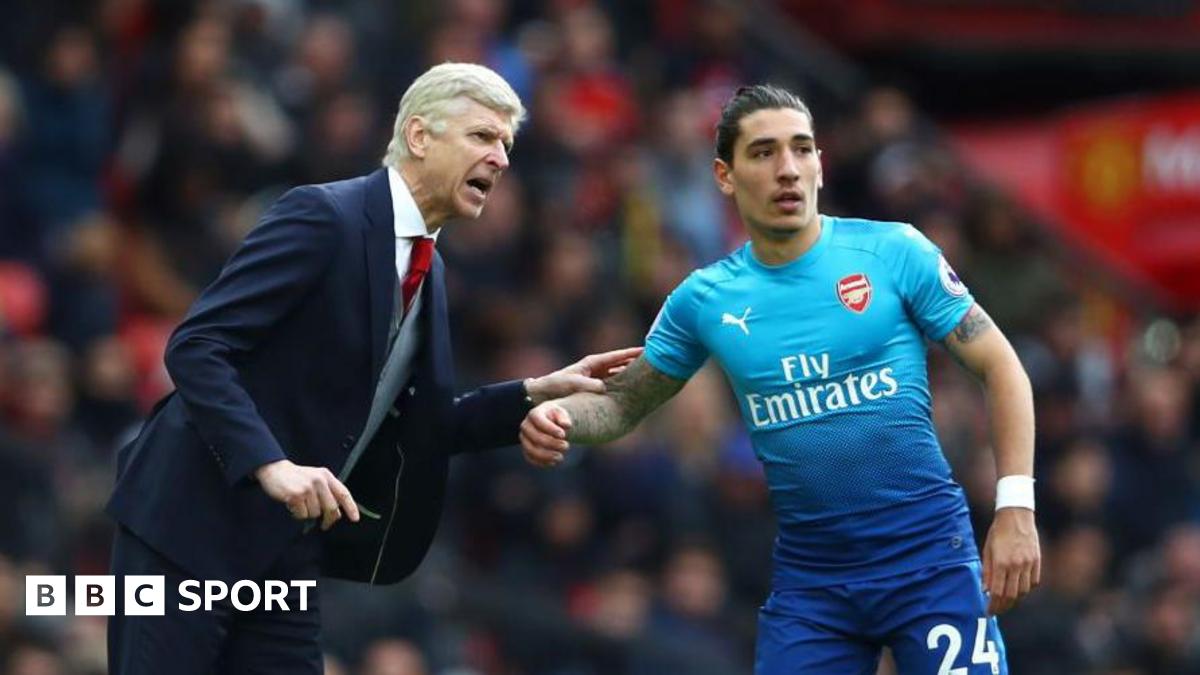 The equity you've built in your home can have a big impact on your reverse mortgage borrowing options.
Getty Images/iStockphoto
The equity you've built in your home can have a big impact on your reverse mortgage borrowing options.
Getty Images/iStockphoto
For many older homeowners, their home is their largest asset — and in many cases, it's also their most reliable source of financial stability in retirement. Housing prices have increased dramatically over the past decade, after all, with home values ticking up swiftly over the past few years in particular. As a result, the average homeowner is sitting on over $300,000 in equity right now, and senior homeowners may have even more equity than the average after decades of paying down their mortgage loans.
As a result, tapping into home equity through a reverse mortgage has become an increasingly attractive way for seniors to boost their retirement income without having to sell or downsize their homes. Interest in reverse mortgages has also surged as ongoing inflation pressures have stretched retiree budgets and traditional savings tools have struggled to keep up. And with other types of borrowing rates still elevated, it can make sense for retirees to turn to reverse mortgages instead of traditional loans or home equity lines of credit (HELOCs), which require monthly payments.
But not every senior homeowner will automatically qualify for a reverse mortgage loan. Lenders have specific rules about how much equity you must have before you can borrow, after all, and these requirements can also impact how much money you can tap into. So how much equity is required for a reverse mortgage, and what should you do if you fall short? Below, we'll break down what to know.
Find out more about the reverse mortgage loan options available to you now.
How much equity do you need for a reverse mortgage?
To qualify for a reverse mortgage — specifically, a Home Equity Conversion Mortgage (HECM) backed by the Federal Housing Administration (FHA), which is the most common type of reverse mortgage — most lenders will require you to have at least 50% to 60% equity in your home. That means your outstanding mortgage balance should be no more than about 40% to 50% of your home's appraised value.
For example, if your home is worth $400,000, you'd typically need to owe $160,000 or less on your existing mortgage to qualify for this type of loan. If you owe more than that, you'd likely need to pay the difference at closing, either with savings or other funds, to meet the program's requirements.
That said, this isn't a set rule across the board. The FHA actually doesn't specify an exact equity percentage requirement for HECMs. Instead, the focus is on ensuring you can cover ongoing obligations like property taxes, insurance and maintenance. So, in theory, you could potentially find a lender requiring less than 50% to 60% home equity, but that likely won't be the standard.
It's worth noting, though, that meeting the 50% to 60% home equity threshold to qualify doesn't mean you can borrow that much with a reverse mortgage. The amount you can actually borrow with this type of loan is dependent on three main factors:
- Your age: The older you are, the more you may be able to borrow. That's because lenders use actuarial tables to estimate how long you'll draw on the loan. For example, a 70-year-old borrower might be able to access a larger percentage of their home's value than someone who's 62.
- Current interest rates: Lower reverse mortgage loan rates allow for higher loan proceeds, while higher rates reduce the amount of equity you can tap into with this borrowing option.
- FHA lending limits: The maximum claim amount for HECMs in 2025 is $1,209,750. That maximum claim amount can cap how much you're able to borrow, even if your home is worth more.
Learn more about how a reverse mortgage could benefit you during retirement.
What to do if you don't have enough equity for a reverse mortgage
Coming up short on equity doesn't mean your options are completely off the table. There are several strategies homeowners can use if they want to pursue a reverse mortgage but don't yet meet the 50% to 60% equity threshold.
Pay down your existing mortgage
If you have savings or other assets, applying them toward your remaining mortgage balance could help you hit the required equity level for a reverse mortgage. For instance, if your home is worth $400,000 and you owe $220,000, paying off $60,000 could bring your balance down to $160,000, which is enough to qualify with many lenders.
Wait until you've built more equity naturally
If time is on your side, continuing to make mortgage payments and allowing your home value to appreciate can push you past the required equity line. This may be a slower path, but for homeowners who are not in immediate need of cash, taking time to boost equity can be a practical solution.
Consider downsizing
If your current home's equity is locked up in a high mortgage balance, selling and purchasing a less expensive property could be a workaround. With a HECM for Purchase, for example, you can use the proceeds from your home sale to buy a new, lower-priced home and fund the difference with a reverse mortgage, all in a single transaction.
Explore alternative financing options
If building equity isn't realistic, other financial tools might be a better fit. A home equity loan or HELOC could provide access to funds, though they come with monthly repayment obligations. Alternatively, a personal loan or retirement account withdrawal might be considered, depending on your overall financial situation.
The bottom line
Reverse mortgages can be powerful tools for tapping into home equity during retirement, but they're not one-size-fits-all. You typically need to have at least half of your home's value in equity to qualify, and how much you can ultimately borrow depends on your age, interest rates and your home's value. If you're not quite there yet, strategic steps like paying down your mortgage balance, waiting to build equity or exploring downsizing can help bridge the gap. And for some homeowners, alternative financing options may make more sense.
Angelica Leicht is the senior editor for the Managing Your Money section for CBSNews.com, where she writes and edits articles on a range of personal finance topics. Angelica previously held editing roles at The Simple Dollar, Interest, HousingWire and other financial publications.


















































